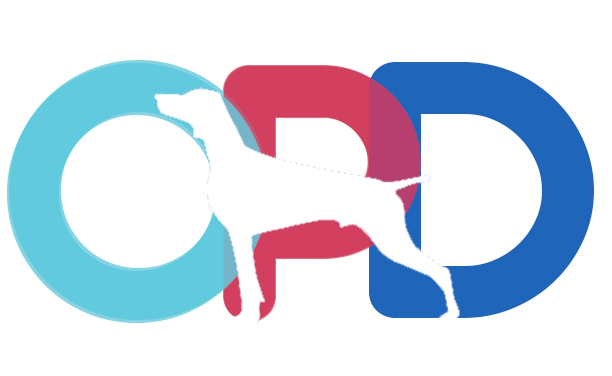by Judy G.
(La Honda, CA)
We have a Turkish Kangal 2 year old female puppy that is over 100 lbs. She is not fully grown yet but developed heart afib. She is on Digoxin, and it is helping somewhat. She cannot be without it or she is not able to exercise–go on short walks on our ranch.
Prior to the Digoxin her heart rate was 180+. After the Digoxin was started, it lowered her heart rate somewhat. Digoxin does not help the arhythmias. Her heart rate when resting is between 120 and 140 now, above the normal range. When walking or playing with the other 2 puppies, her heart rate ranges from 150 – 170.She does not always get the arhythmias when exercising. Prior to being put on Digoxin she had dry coughs each day. Now the dry coughs are infrequent. She does not seem to be benefiting from the Digoxin as much as when she was first put on it. She is taking 1 0.25 mg tablet twice/day–every 12 hours.
Digoxin is no longer used in humans. Usually beta blockers and/or calcium channel blockers are the first and better choice, e.g., Diltiazem.
We found a natural alternative whole treatment that uses herbs from Five Leaf Pharmacy– caninehearthealth.com . A big part of this is using hawthorne as well as the other herbs and feeding a diet of meats, vegetables, etc, either cooked or raw. We feed her about 48-56 oz of food/day across 4 feedings. She does not like to eat in the morning much but will eat something every other morning–about 4-6 oz. The rest of her food she prefers from 4:30 pm at the earliest until 11 pm. She only seems to like eating when it is cool outside. We also give her natural dog treats. Previouly to the diagnosis she would not eat any natural/organic dog treats. Now she looks forward to them. Yet with all this food, she is anorexic. She does not gain weight. We think it is because 80% of it goes for her heart.
Issue: I’ve read that in humans hawthorne and digoxin are mutually exclusive. A later study found that it was ok to use them both in trying to change over completely to hawthorne but again this is for humans and was based on a limited study.
1-How do we phase out Digoxin and phase in hawthorne without adversely affecting this puppy?
2-Do you know of any alternative medicine vets that focus on canine hearts?
We live in the SF Bay area, but there still are not many dog cardiologists around.
Comments for Dog Heart Atrial Fibrilation – Interaction of Digoxin and Hawthorne | ||
| ||
Click here to go back to the Ask a Vet Online Library of questions.
Do you believe in holistic pet care? If so, please tell your friends about us! Thank you for supporting our efforts!
Also see…
- Back to Dog Health Problems Symptoms / Dog Illness Signs Symptoms / Natural Dog Remedies
- Back to 10 Best Dog Food Options / Dog Food Ratings / Buy Dog Food Online
- Back to Conventional vs. Holistic Veterinarians
- Back to Organic Dog Supplies Online
- Back to Pet Friendly Airlines / Pet Friendly Travel
- Back to Organic Pet Digest Natural Dog Care Home Page

